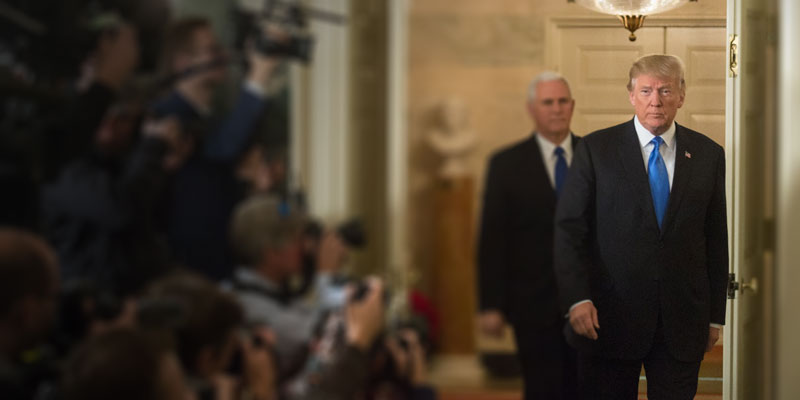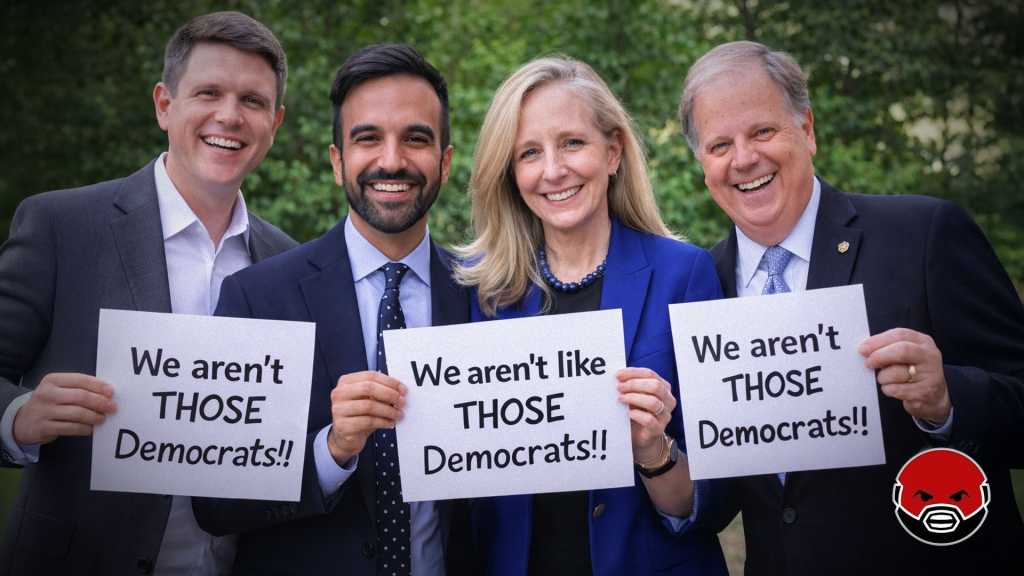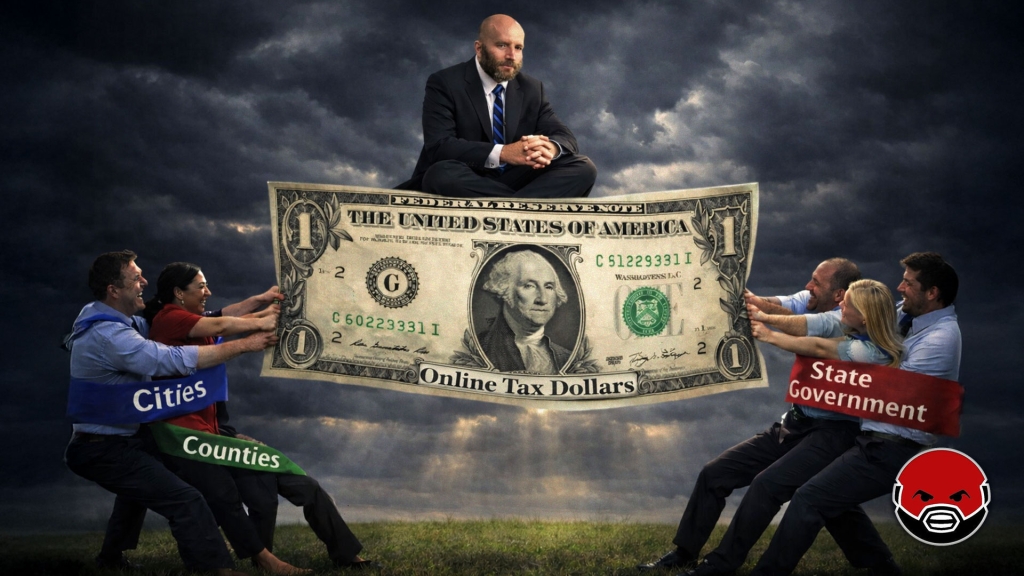
It would behoove President Trump to keep faith with his base and remain hardcore on his signature issue, immigration, both because it’s the right thing to do and because it’s the wisest political course.
Commentators are speculating as to Trump’s motives in conducting a televised bipartisan conference, during which he appeared open to solutions he had previously rejected. Was he using the meeting to contradict the picture author Michael Wolff painted of him in his new book, “Fire and Fury,” as being disengaged? Was he strategically presenting himself as more conciliatory for public consumption in anticipation of the inevitable battle over immigration reform? Or is he actually softening on this issue?
I don’t see why these choices are mutually exclusive. At least for a fleeting moment, he got some favorable press from his usual detractors for his bipartisan demeanor and his apparent ownership of the room. If optics were part of his calculation, then he also benefits from getting some of these Democrats to have endorsed, on the record, the notion of beefing up border security.
But if his performance was just posturing and he is still thoroughly hard-line on all aspects of the immigration issue, how do you explain his similar overtures on the Deferred Action for Childhood Arrivals, or DACA, program some months ago to Democrats Chuck Schumer and Nancy Pelosi? How do you rationalize his comments that he is not adamant about a full-blown physical wall and that he would sign whatever bill they sent him?
In subsequent statements, he seemed to revert to a tougher position, for example, putting out this talking point, in all caps: “ANY DEAL ON DACA MUST END CHAIN MIGRATION, ELIMINATE THE VISA LOTTERY, AND FULLY SECURE THE BORDER, INCLUDING WITH A WALL.”
So, what do we make of all this? Some argue we shouldn’t read too much into Trump’s meeting, saying he was merely engaging in 4-D chess or “Art of the Deal” negotiations. I am skeptical about that, but if I’m wrong, I still believe he would be ill-advised to engage in such gamesmanship to the point of alienating his base.
Trump may be thinking that he has nothing to lose by pretending to have relaxed his position on DACA because he knows Democrats will never compromise on any enforcement conditions in exchange — that this can only help his image and won’t hurt him because it will never happen. To the contrary, it very well may hurt him with his base.
This is because many of the most intense members of Trump’s base will probably reject any compromise on DACA, even if in exchange he secures all the other concessions — the wall, beefing up border forces, ending chain migration and the visa lottery, and instituting E-Verify — with the possible exception of a watered-down version of DACA amnesty that precludes any path to a green card or voting, a feature of the proposed Goodlatte bill in Congress.
Many Trump critics counter that his base is ideologically rudderless and will cultishly follow him regardless of his policies. Perhaps some will, but many know exactly why they voted for Trump, and though draining the swamp was part of it, so was an America-first philosophy, which Trump would abandon at his peril.
This philosophy promotes America (and Americans) first — from ending illegal immigration to bolstering domestic energy to having fewer American boots on foreign ground to getting better trade deals to providing corporate and individual tax relief to growing the economy and jobs to rebuilding our military and otherwise reinvigorating our national security against all threats, including terrorism, to restoring market forces to fixing health care.
Though I don’t agree with every aspect of the agenda (e.g., trade protectionism), America-firsters are adamant about protecting America’s sovereignty and security and American workers. They are committed to thwarting the Democrats’ transparent scheme, in the name of compassion, to relax and eliminate immigration enforcement and to expand amnesty to import and empower millions of new Democratic voters. They are also serious about the rule of law, which is undermined every time amnesty legislation is passed. Not only did Barack Obama ratify acts of illegal immigration with DACA; he also flouted the Constitution by accomplishing through an administrative program that which he had repeatedly admitted was the sole prerogative of Congress.
Even Trump’s critics admit that he had a successful first year on policy. He needs to remember that his future success depends not on pacifying an implacable Democratic Party but on fulfilling his promises and advancing his agenda. Policy success breeds electoral success. A great economy and more secure America will compensate for a lot of self-inflicted tweet damage.
I don’t know for certain where Trump’s heart is on immigration or whether he’s being pressured by family and some advisers to moderate. Nor do I know how firmly conservative he is, but I do believe he has been moving in that direction and, more importantly, primarily governing as a conservative, and that’s why he has been so successful.
It is not Trump’s tweets, if anything, that could jeopardize his re-election but getting in bed with Democrats on their issues or cooperating with the very establishment he has promised to uproot.
If Trump betrays his base on his signature issue hoping to thereby expand his base, he will have a very difficult time being re-elected. He will never get liberals to vote for him, no matter how many concessions he makes, and in the process, he will lose the intensity radiating from his base.
I have doubted him several times before, so I want to give him the benefit of the doubt on this one and simply encourage him to remember those who brought him to the dance, to keep honoring his promises and to continue governing as a conservative.
David Limbaugh is a writer, author and attorney.
COPYRIGHT 2018 CREATORS.COM












